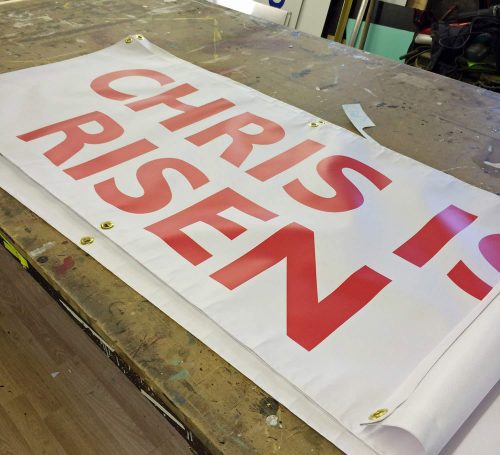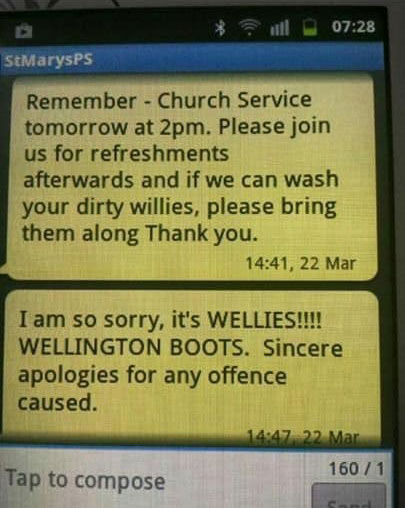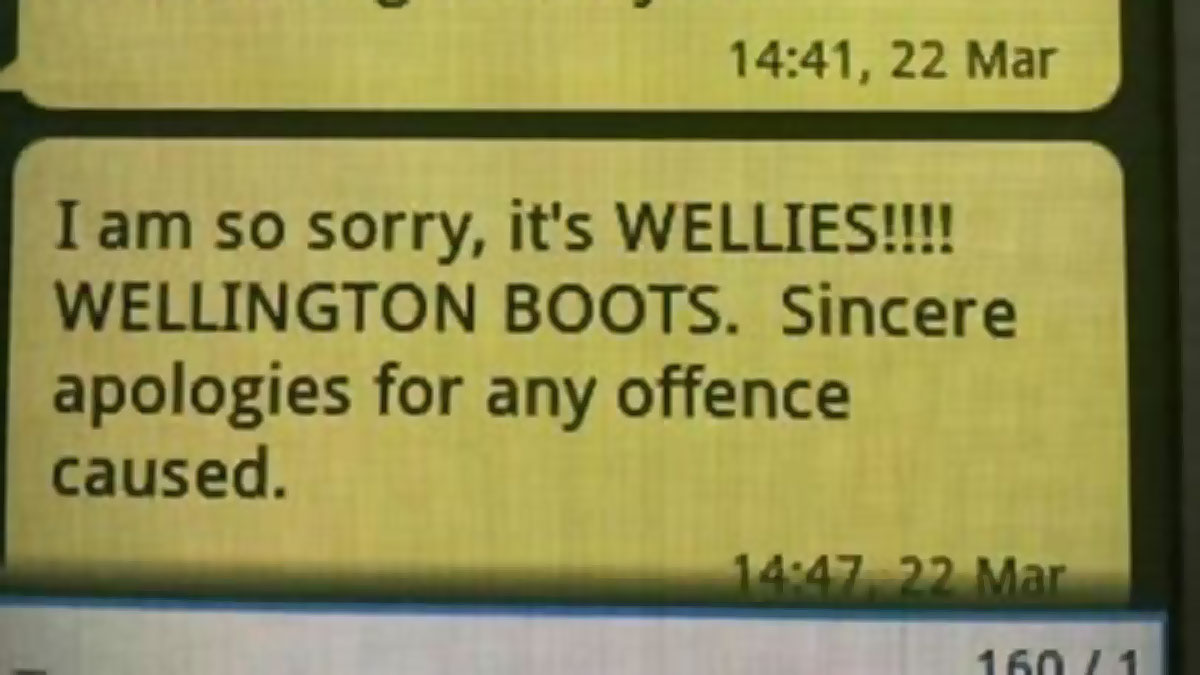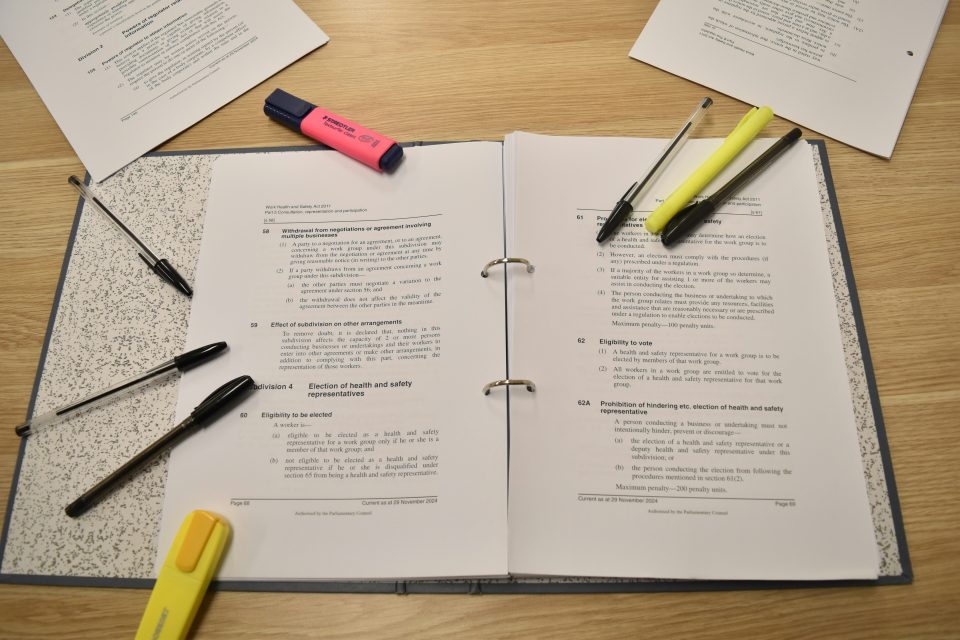
The great title debate – using capital letters in titles
March 2, 2016
I saw the sign
April 25, 2016You might have seen the adverts for a well-known odour neutraliser using the term “nose blind”, but I’d like to offer up another phenomenon seen the world over – word blind.
It’s an affliction we will all have suffered from at some point. You may have been lucky enough to have the number of people discover the mistakes made due to your word blindness confined to a colleague or your boss. Or you may feel a certain kinship with the poor Home Office press officer who wrote the press release about a new English language test for migrants and mis-spelled the word “language”.
I find this example particularly hard to forgive as it’s been generated by a professional communicator and, knowing what I do about the press release approvals process in the public sector, it will have been seen by more than a handful of people before getting anywhere near a journalist’s inbox.
More haste, less speed

It can happen to anyone. No doubt whoever ordered Acomb Parish Church’s Easter banner was proud they would have a large advert for the event. They perhaps felt a little different when it arrived and they realised what they’d ordered.
A point to note here is that banner companies tend not to offer a checking service, they simply print exactly what you send them.
You want to clean my what?!
 You’ll probably presume you only need someone to proof your marketing collateral or reports to a client, but there are risks everywhere you turn. Here’s another cringe-worthy example.
You’ll probably presume you only need someone to proof your marketing collateral or reports to a client, but there are risks everywhere you turn. Here’s another cringe-worthy example.
It’s a text from a school organising a fundraising event. Bet there were some rather red faces when they realised what they’d sent to all the parents! (Note – my laptop’s spell check also wanted to correct the word wellie. Spell check is not always your friend.)
What can be done about spelling mistakes?
Fear not, dear reader, there is a cure for word blindness – it’s called a proof reader. They don’t even need to be a professional one. A proof reader could be anyone you can trust to pay close attention to the words you’ve written to make sure things like this don’t slip through.
The whole point of having someone else proof read or edit your work is so that you have that objective opinion, someone to figuratively stand back and give you a different view.
However, the benefits of using professionals (like ourselves of course) are that we’ll also catch any other potential grammatical errors, conflicts in meaning or other mistakes which could prove embarrassing. We often bring in a member of the team who hasn’t been involved in the original work to proof documents before they go to print as no one is infallible.
What are the risks?
So what exactly are the risks of sending out something containing a spelling mistake, an apostrophe where there shouldn’t be one or of being undermined by spell check?
If the price of a stray S is £9m, I’ll wager you would move proof-reading up your list of things to do.
But that letter cost the UK Government £9m in January 2015 when Companies House announced Taylor & Sons was closing.
A few days later they corrected this to Taylor & Son, but for the manufacturing company in Wales, the damage was done. Suppliers had withdrawn credit and orders were cancelled. The ensuing court case led to the awarding of £8.8m in damages.
Of course, the penalties won’t always be that high, although it’s a fair assumption that people are making judgments based on what you write down. A US CEO wrote an article in the Harvard Business Review about how he won’t hire anyone with bad grammar.
In the end, does it not boil down to the simple assumption that if you want to come across as a trust-worthy and professional outfit, the materials you produce – whether web site, emails, reports or press releases – should be free of mistakes? No one is perfect, but by getting a little help, you can certainly get a lot closer.
If you’re looking for a quick fix for your word blindness or want to be absolutely sure there won’t be red faces when your latest e-shot goes out, give us a shout.



